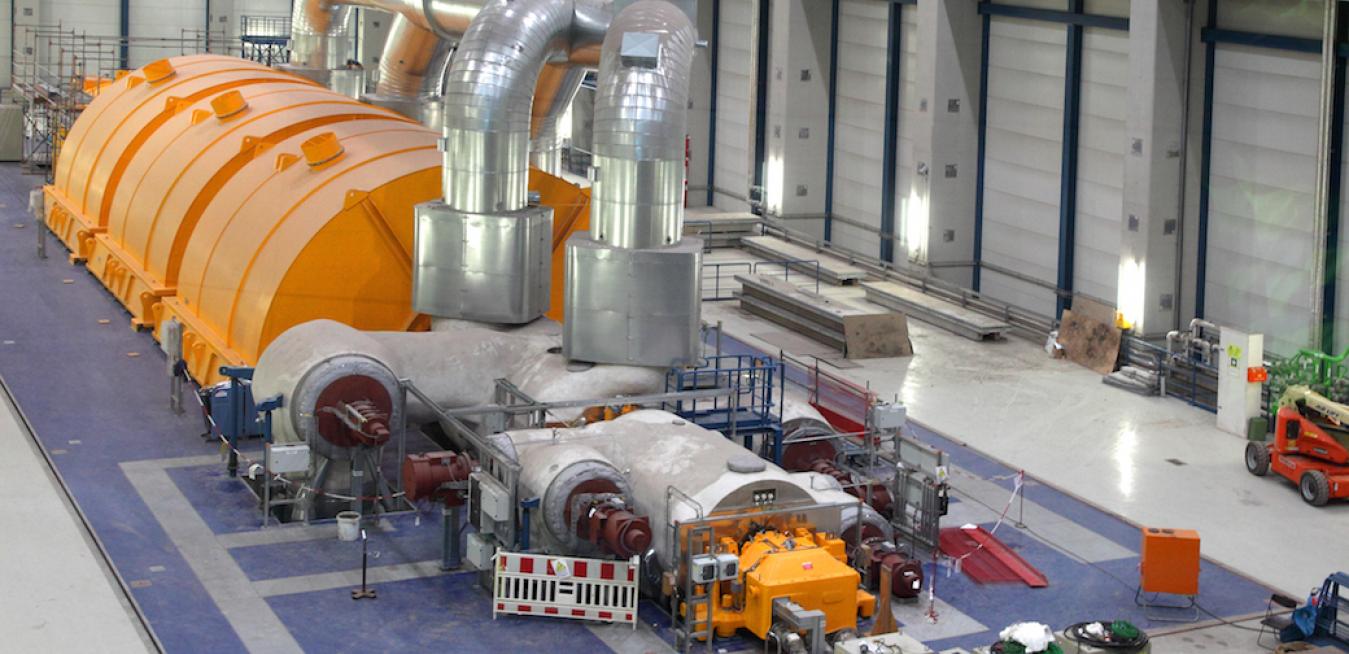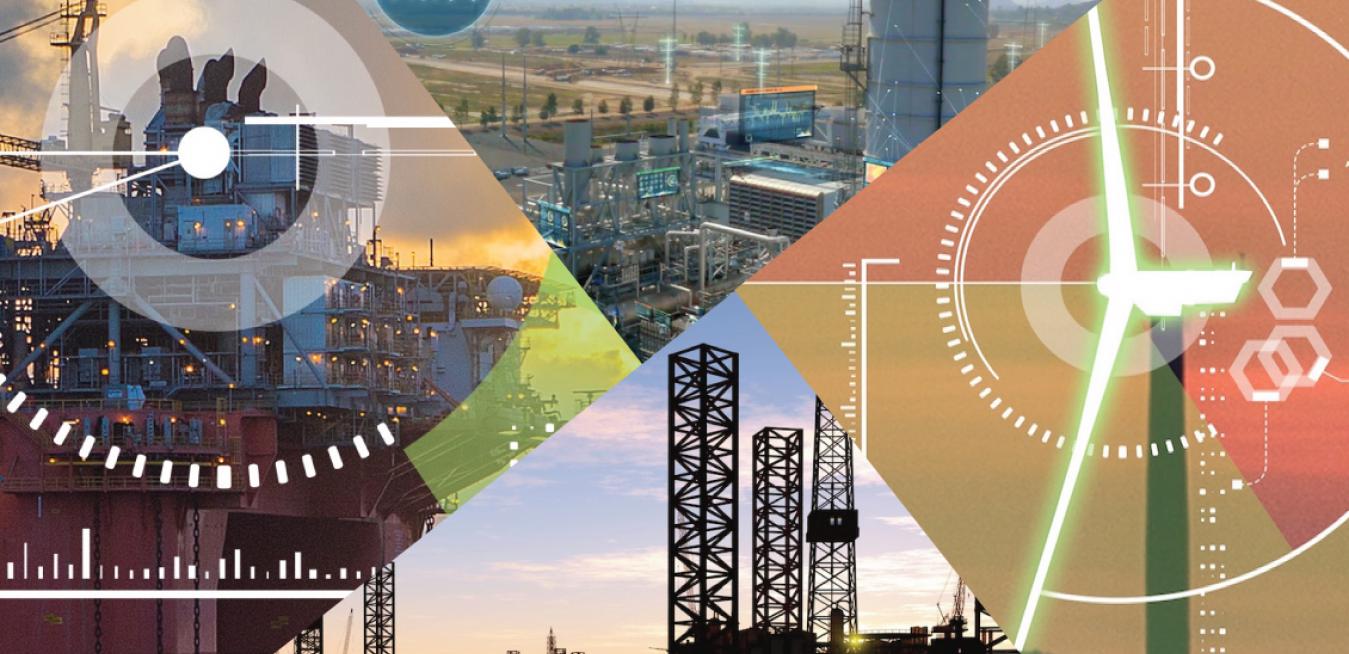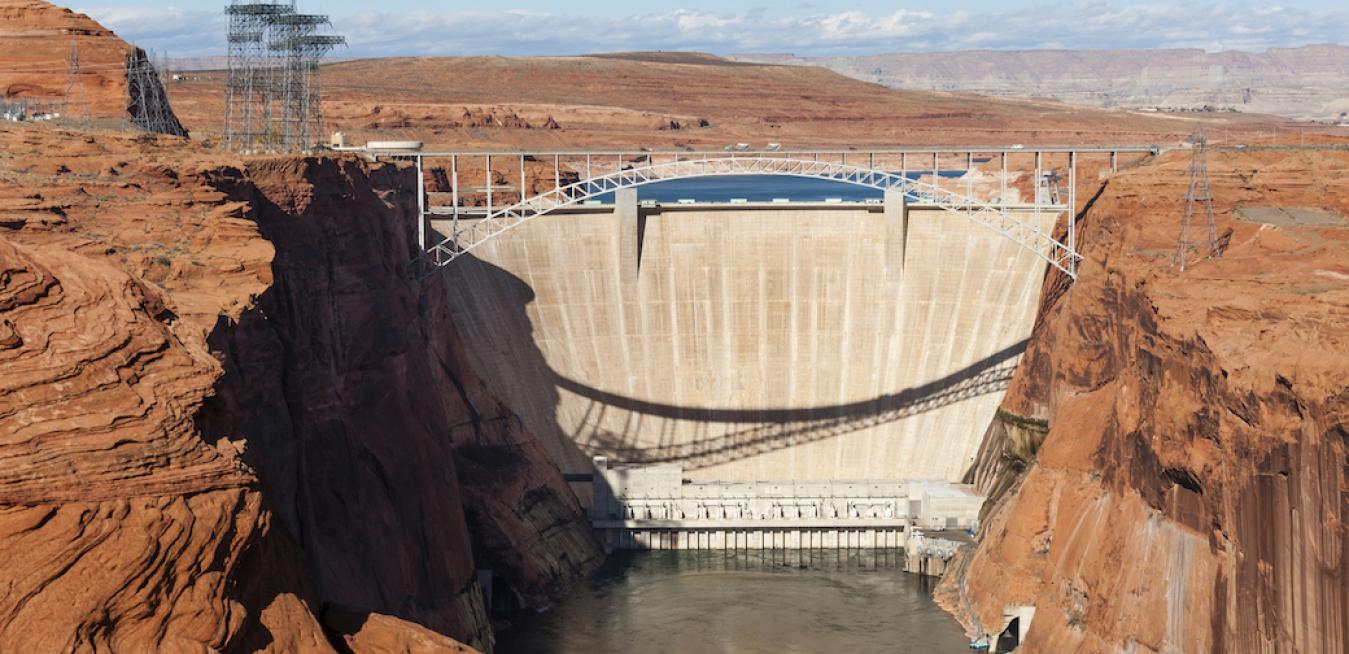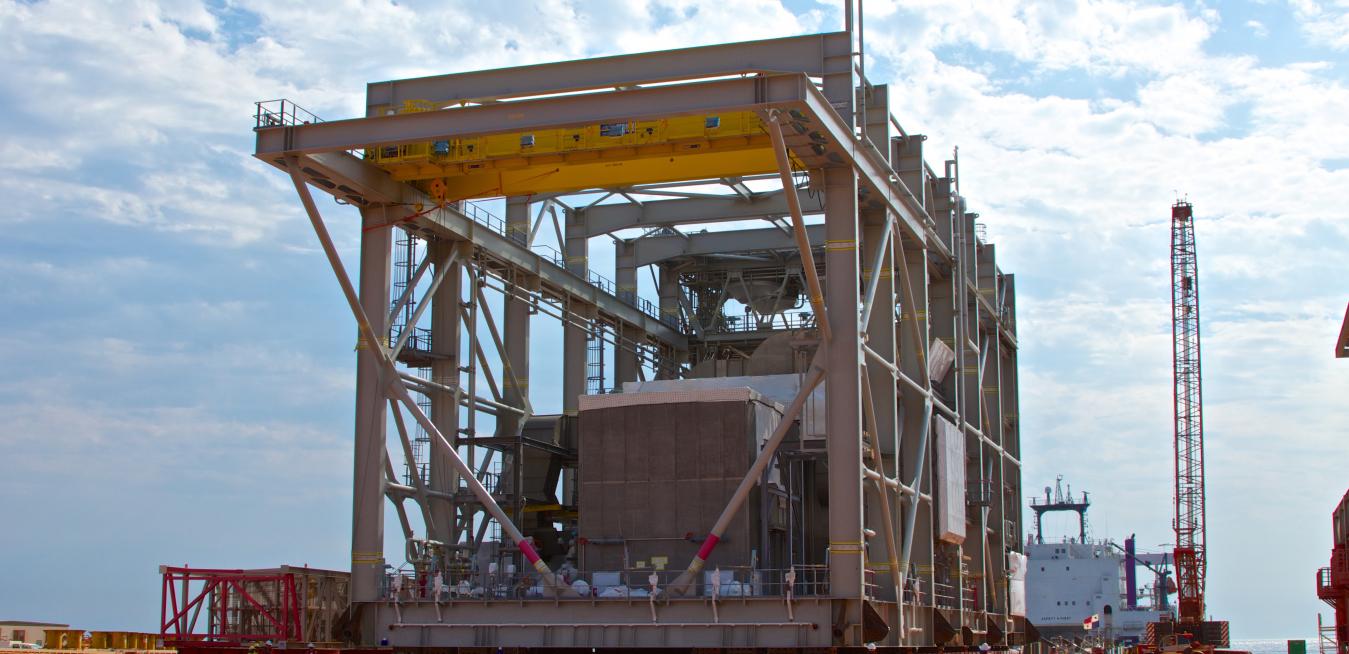How to cut through the global economic madness to assess real prospects for growth.
Looking at the global economy can feel like we have gone among the mad people:
- Some interest rates are negative — you have to pay in order to lend.
- Financial papers call for “helicopter money” in a Eurozone that is growing above potential.
- Innovation is moving at its fastest pace but productivity at its slowest.
tags
The sharp decline in oil prices has placed them squarely at the center of the global economic debate. Many see low oil prices as evidence that the world economy has lost steam. Stock markets jump anxiously at every piece of news coming from the oil market.
The market story is important. But more important is that the oil and gas market is undergoing a deeper and more complex transformation, one that will have powerful repercussions over the coming decades.
For the oil & gas industry, collaboration means competitiveness in tomorrow’s low-carbon reality.
The future of energy is heavily dependent on the collective ability — and determination — of the oil and gas industry itself to evolve and stay competitive in tomorrow’s low-carbon reality.
And to stay competitive — over the longer term — we need to drive simplification, standardization and productivity, but also radical innovation. The challenge is too large for any one company to tackle alone.
The water-energy nexus presents a growing challenge for many parts of the world. We need collaboration among the public and private sector to come up with creative solutions to resource scarcity.
Instead of living in fear of uncertainty in oil markets, we must think creatively and collaboratively to change the future of the industry.
I won’t be the first oil executive to tell you that we live in a time of great uncertainty. The most visible indicator of that uncertainty is today’s low oil price and the impact that is having on our industry: on investment, on jobs, on our employees, their families and communities.
Despite declining prices, oil producers and consumers haven't shown much inclination to change their behavior. Here's why.
Global stock markets have been in a tailspin. And the sinking price of oil received at least some of the blame.
Over the coming decades, all industries will be transformed by converging technological trends that dramatically alter how companies do business. This will undoubtedly lead to many current jobs becoming obsolete. However, technological change will also create countless new roles that companies will need to fill.
We’re future-gazing and fast-forwarding to 2040, where we’re looking at the most in-demand jobs in the offshore oil and gas industry.
Virtual Reality Trainer














